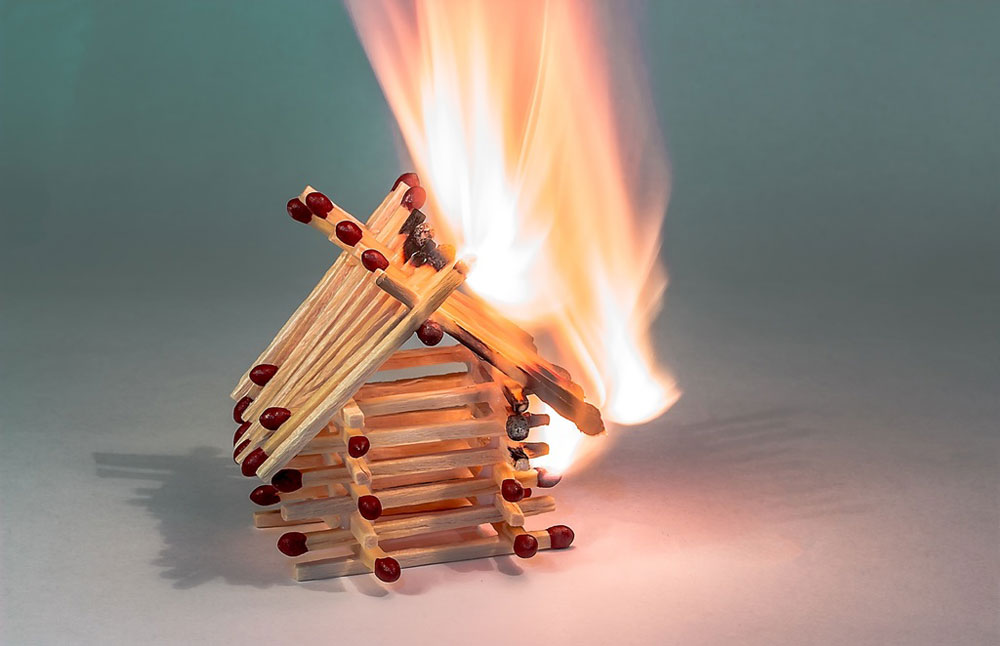
One of the things that has captured my attention during this time of COVID is how our sector is reacting to the rapid pace of change. While the thoughtful and quick response of many of us to the pandemic that has shut down much of the world has been celebrated on social media, most of us are not prepared for the openings that accompany such collapses, and our narrative is not very different from the dominant one—this is unimaginable, we’re not prepared, we don’t know what to do. All of this has led me to wonder, how did we expect the change we seek to happen?
How change happens has been the driving question in my work. As a sector, we have devolved this question into a theory of change concept used mostly for fundraising. We have yet to invest, as a field, in understanding how change actually occurs and how to prepare for it (if not bring it about), much less what to do when it happens.
The term social change first appeared in the literature over 70 years ago, with the publication of a paper titled “Psychology of Social Change,” which describes it as “always a slow and gradual process.” The current literature on social change theory, which mostly comes from the field of sociology, took this for granted until the dissolution of the Soviet Union in 1991 and the fall of the Berlin Wall.
What is most noticeable is the change in how social change happens. First, there is the pace. Increasingly, change is shifting from occurring incrementally, to suddenly. Second, the scope of change has also changed, from small fixes to the current systems and norms, to breaks with the past—change that breaks the frame, marking the end of one period and the beginning of another. Third and finally, sudden and dramatic social change radically alters who and how we are. We are collectively changed by the experience. It enlarges, or deepens, the focus of the change, from a shift in social structures and norms to a shift in identities, or ways of being.
Sign up for our free newsletters
Subscribe to NPQ's newsletters to have our top stories delivered directly to your inbox.
By signing up, you agree to our privacy policy and terms of use, and to receive messages from NPQ and our partners.
Dramatic social change is the new norm. But to date, most social change efforts are prepared for slower change than what is happening at this point. As a result, the correlation between the rate that things are falling apart and the rate at which we are conceiving viable alternatives is way off. We’re not mobilizing for a regenerative future, we’re in defensive mode. That tension is detailed beautifully with the COVID event, which has shown us, for example, that the fact that we have the ability to release all people from jails may signal that they probably shouldn’t be jailed in the first place. It is in these moments that we can push our message most powerfully; but only if we have them.
For all of our ingenuity as a species, we are a backward-looking lot. Our linear notion of time makes the future seem unavailable. But the collapse of social and normative structures, and change so fast that we have to radically alter who and how we are, is a time for fundamental, future-oriented change.
Everyone is getting mobilized around the COVID urgency. But there is another, perhaps bigger, more fundamental urgency that we are not mobilizing around—ecological collapse, the need to evolve as a species that can think and act more collectively. As we hope and pray that there is enough time for us to learn and react appropriately to COVID and to the larger ecological collapse, let’s also imagine and create the conditions where we can shift enough to lead the change.













